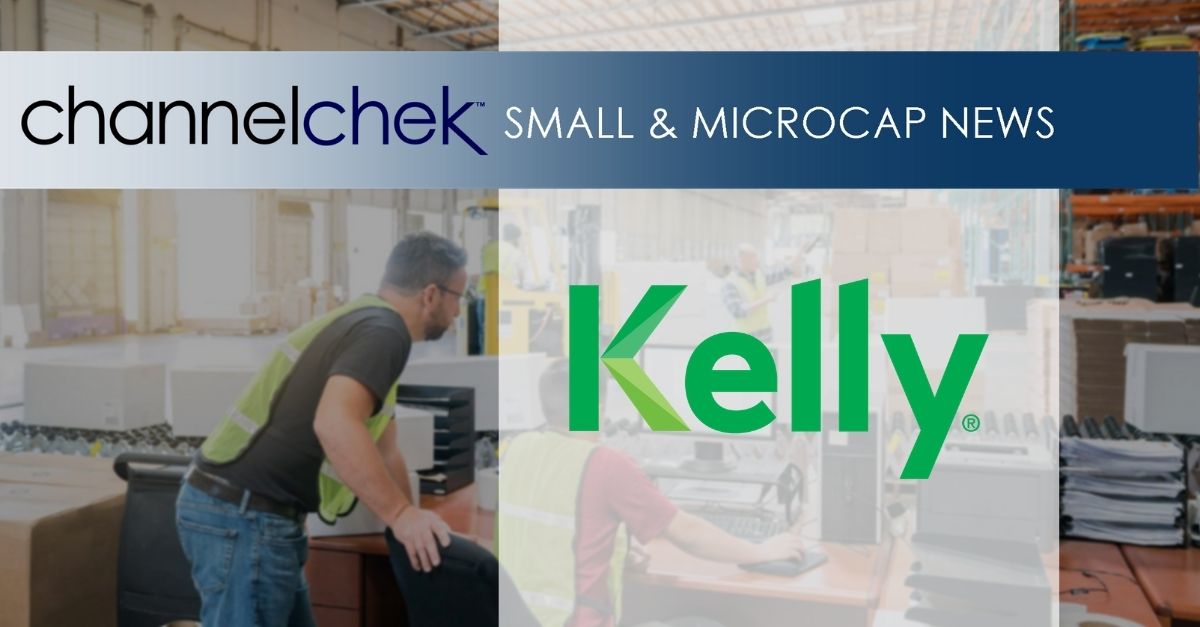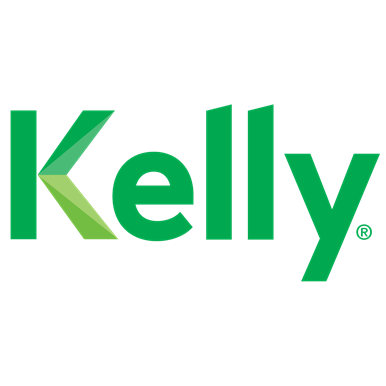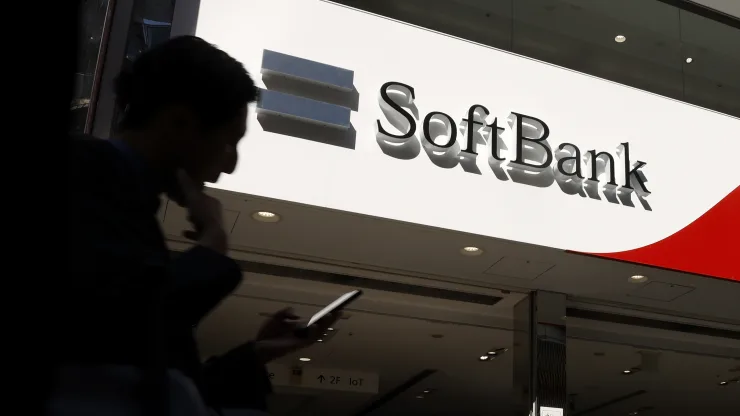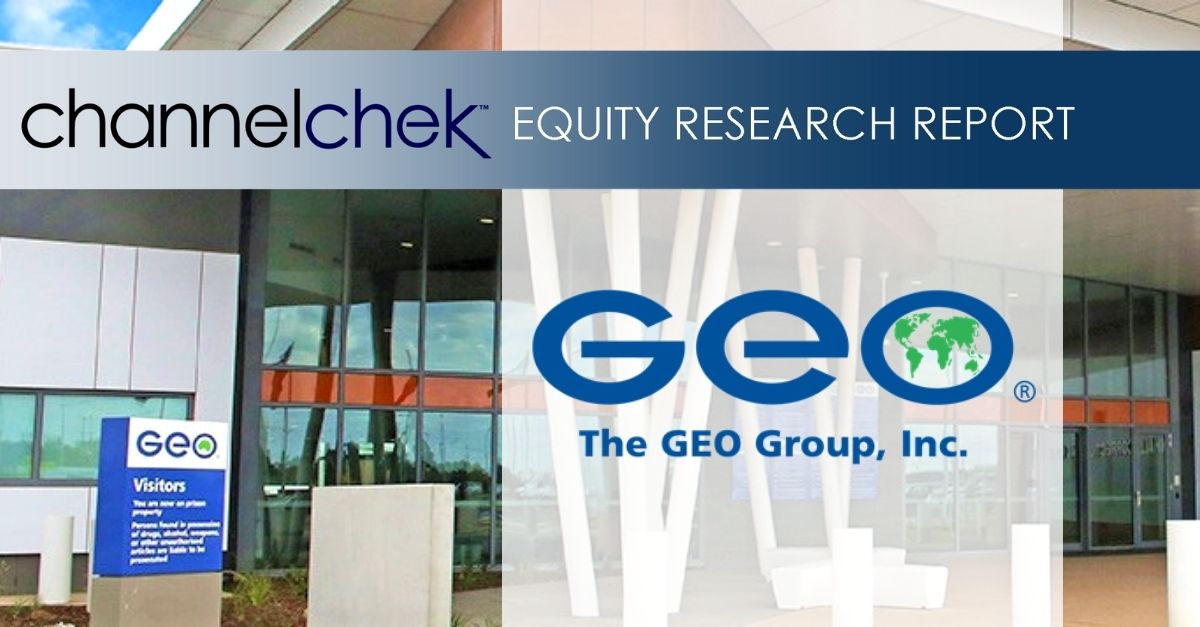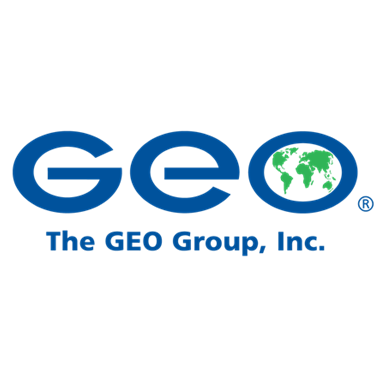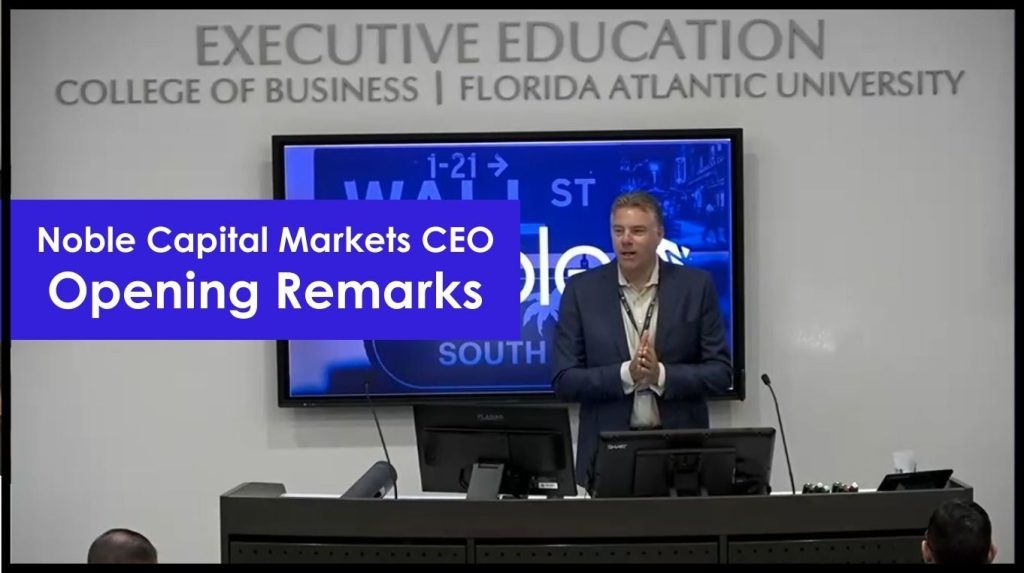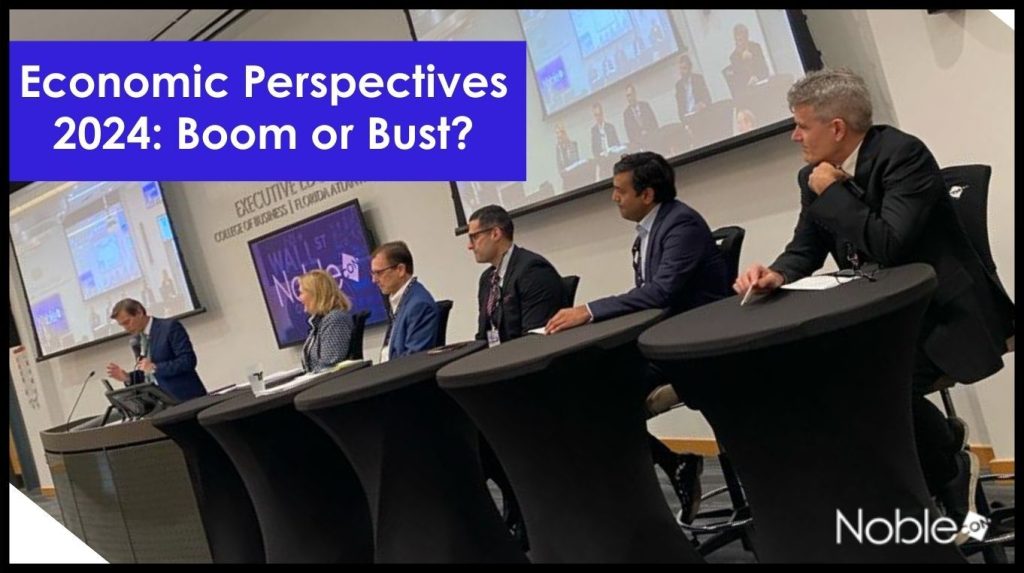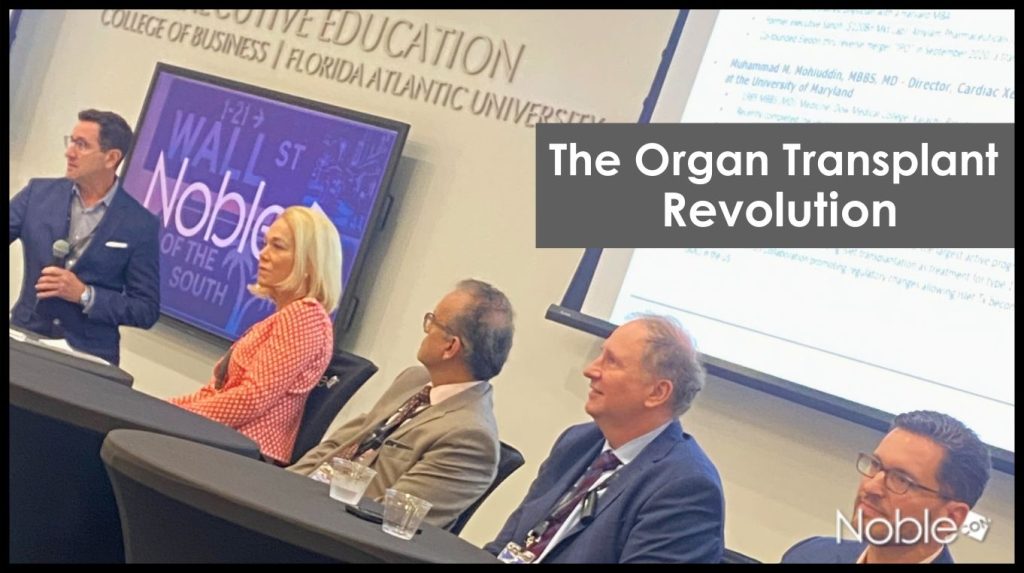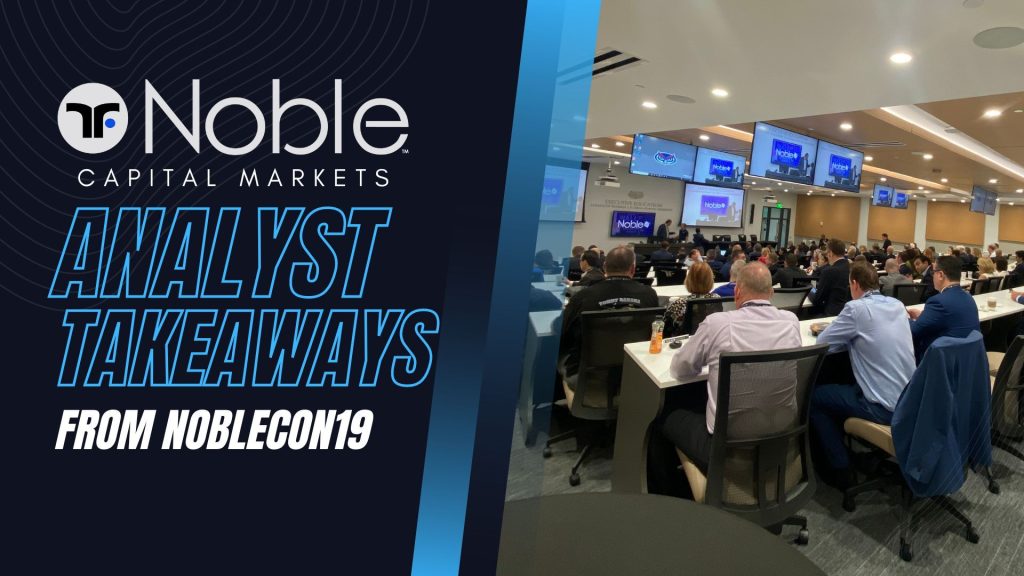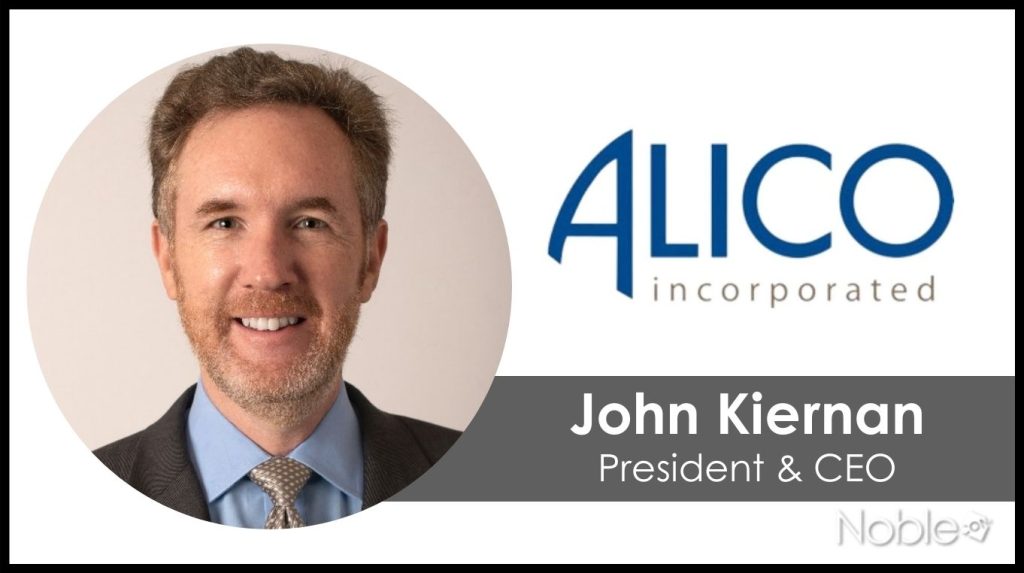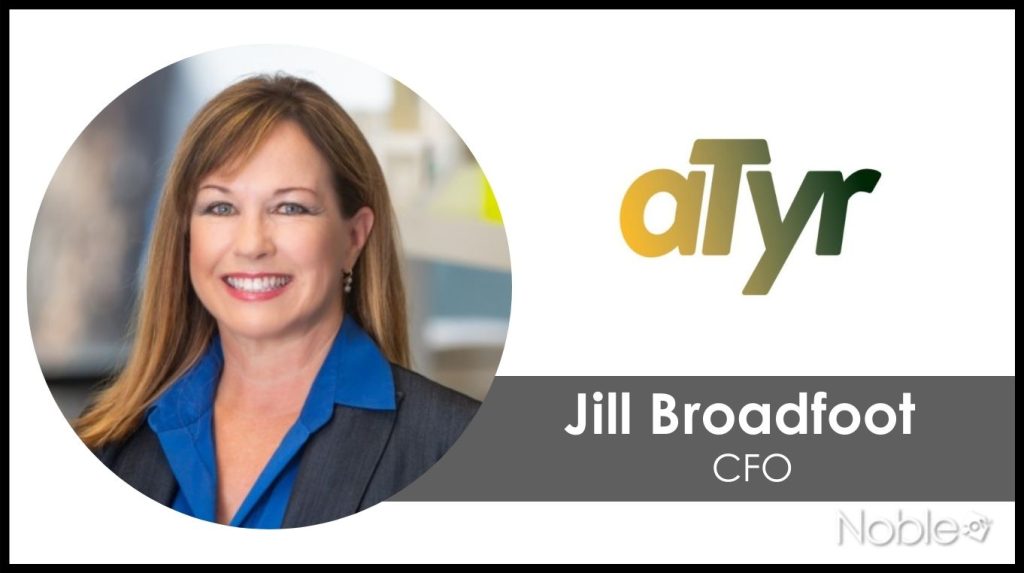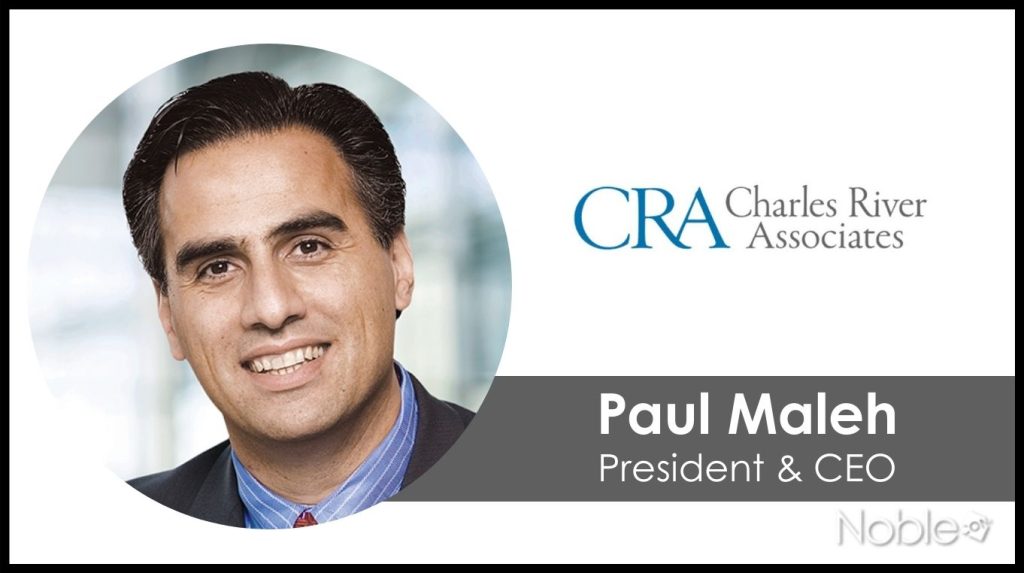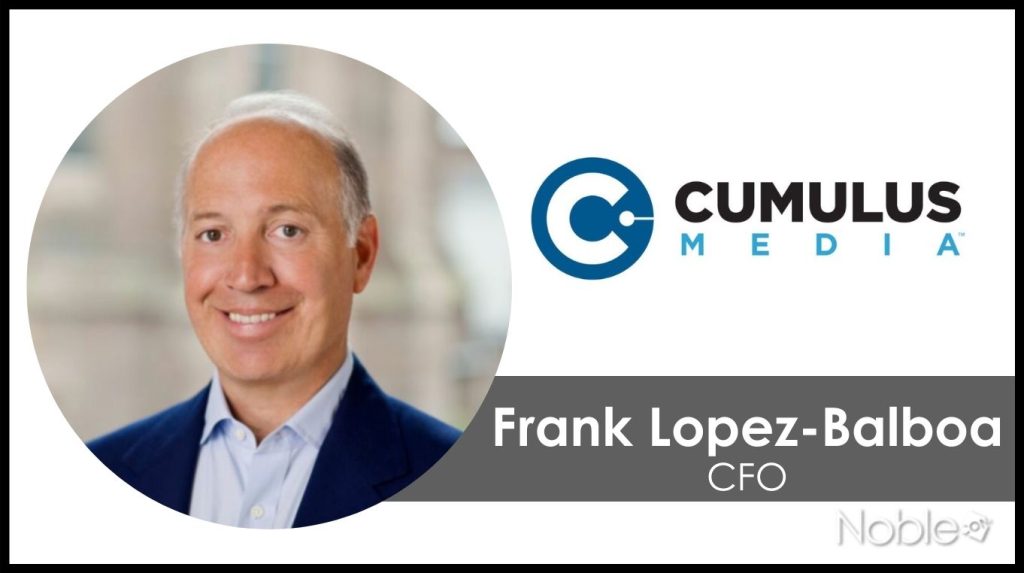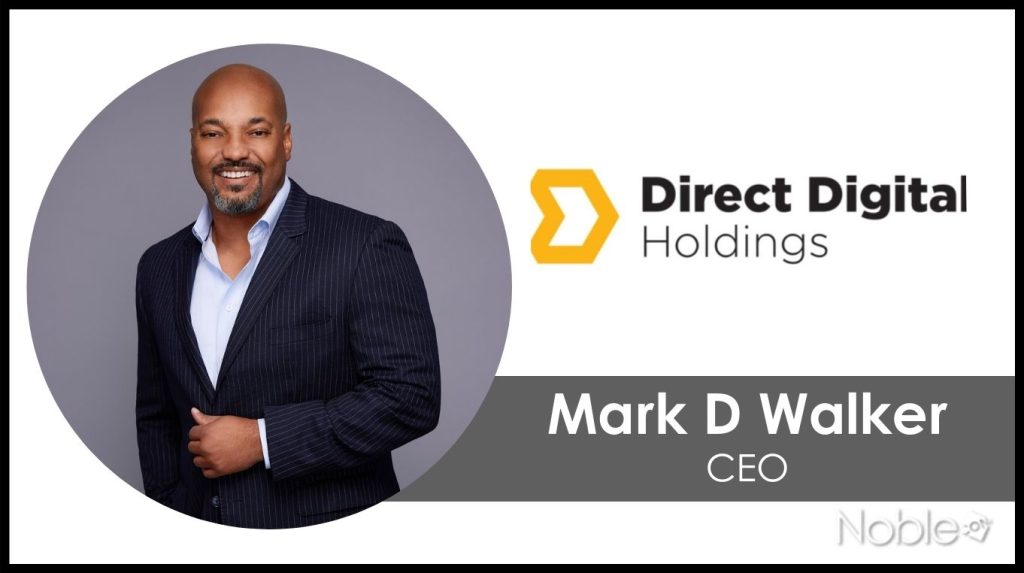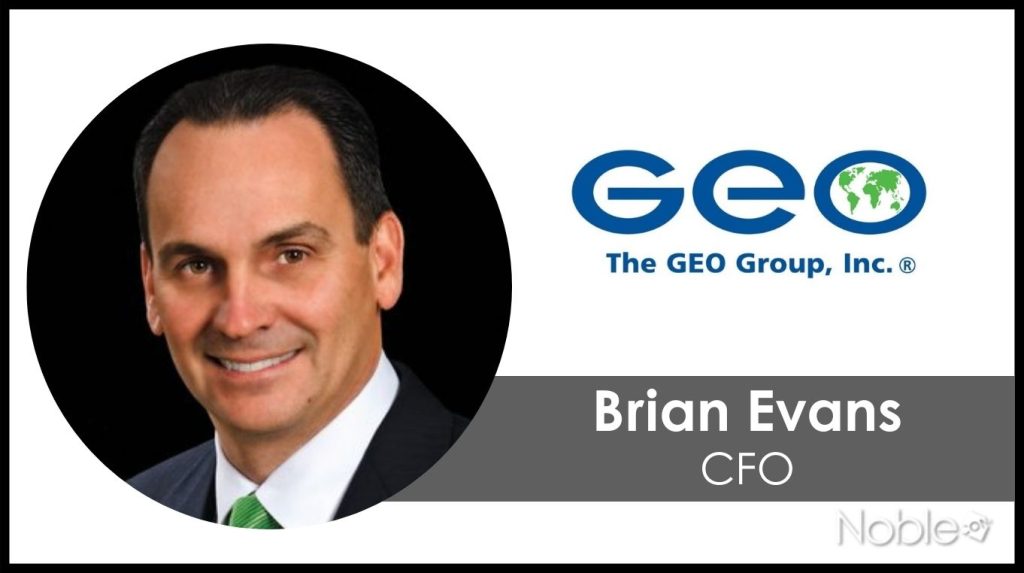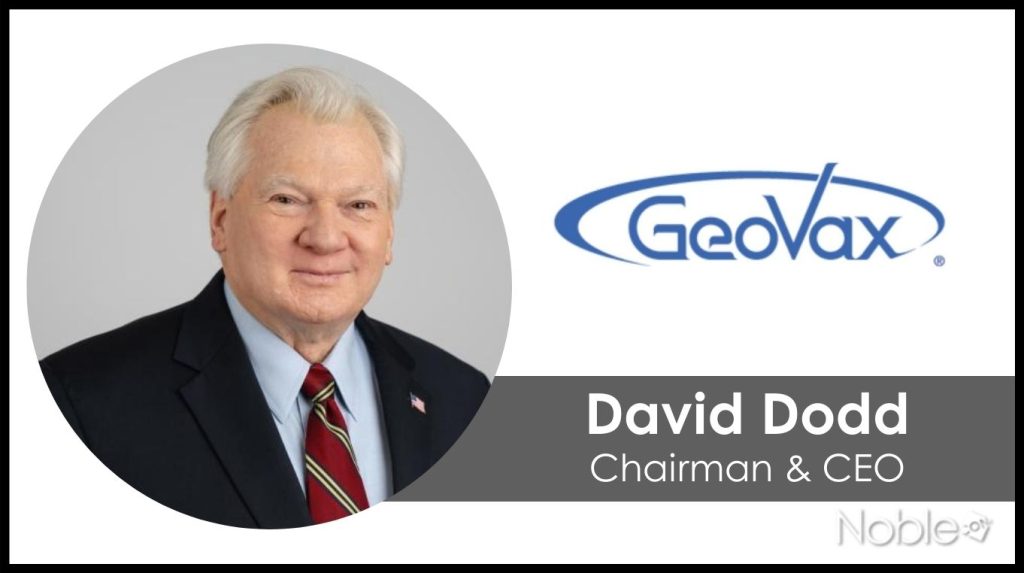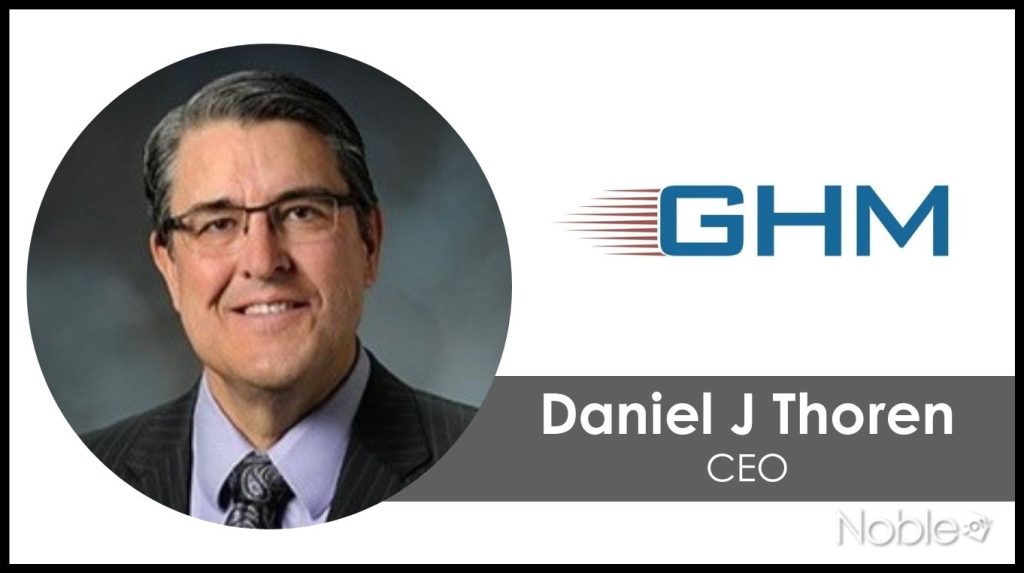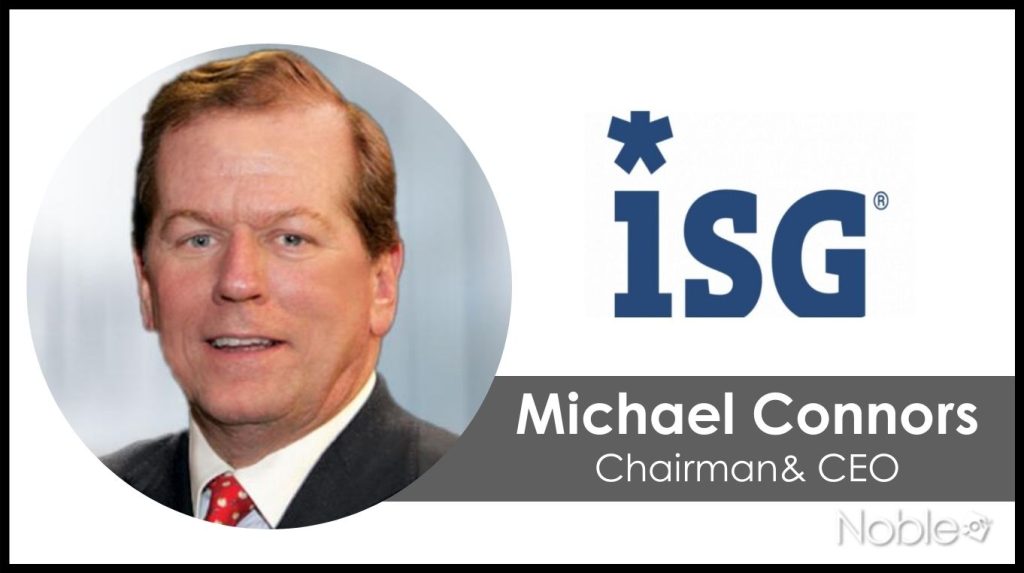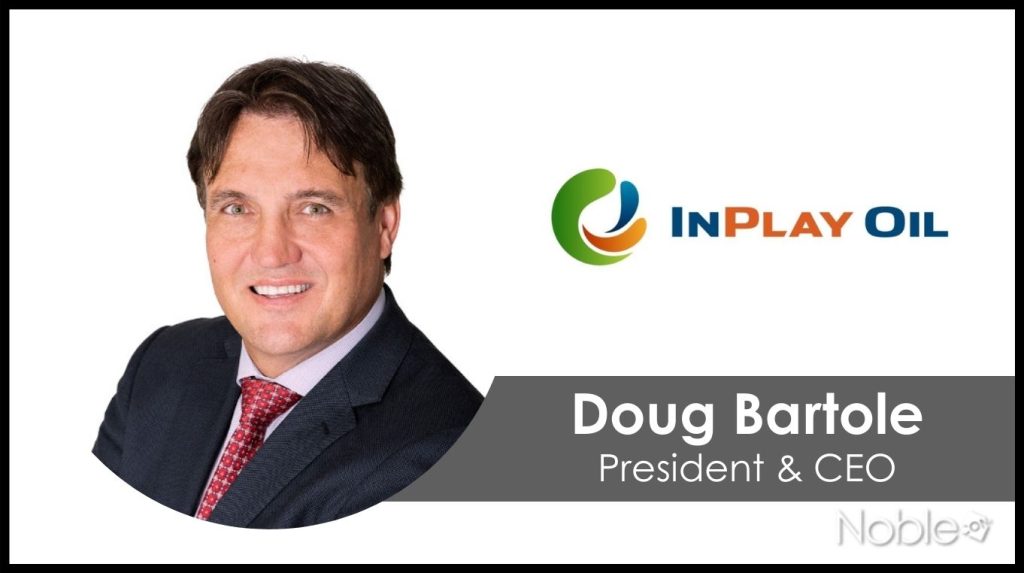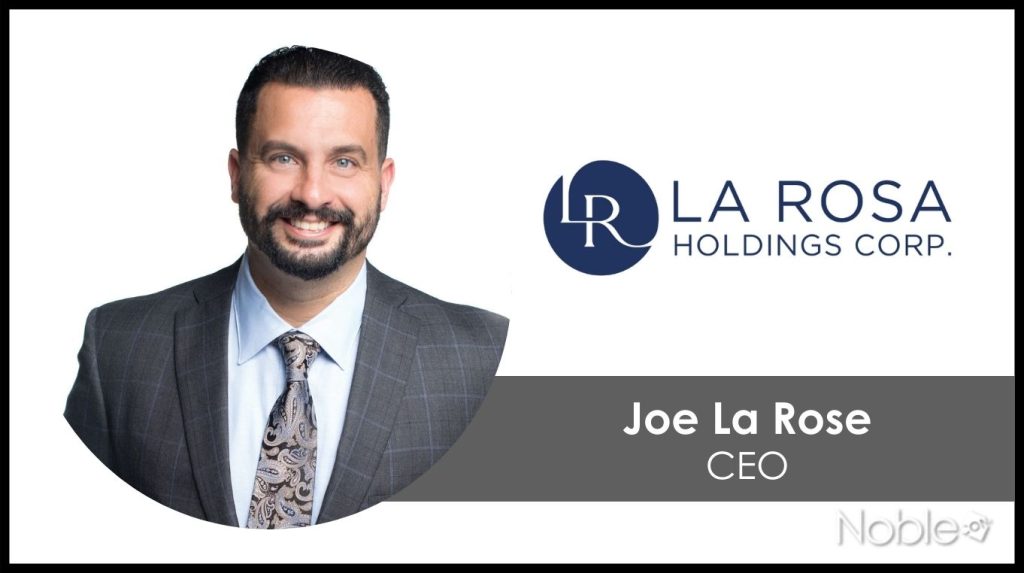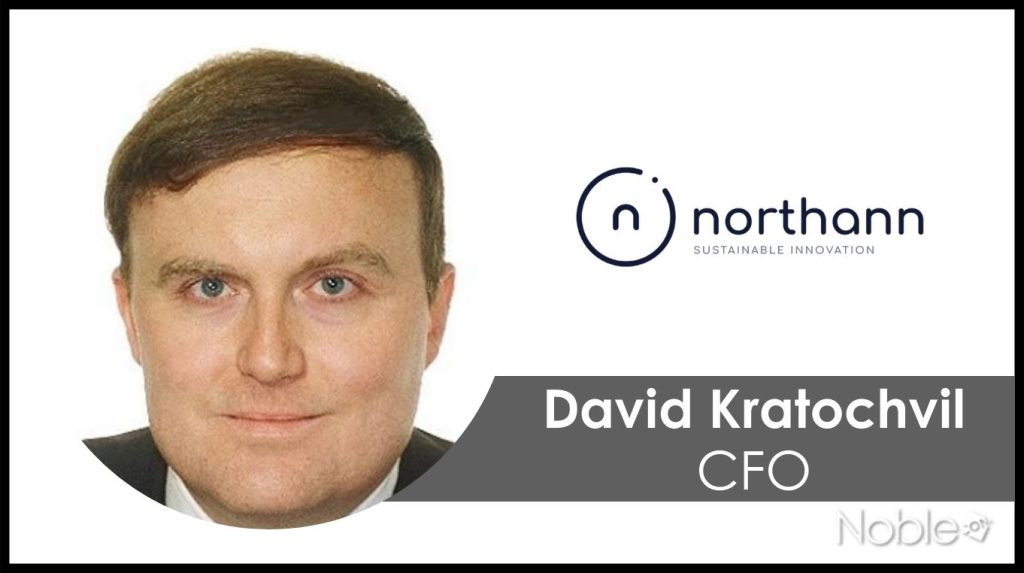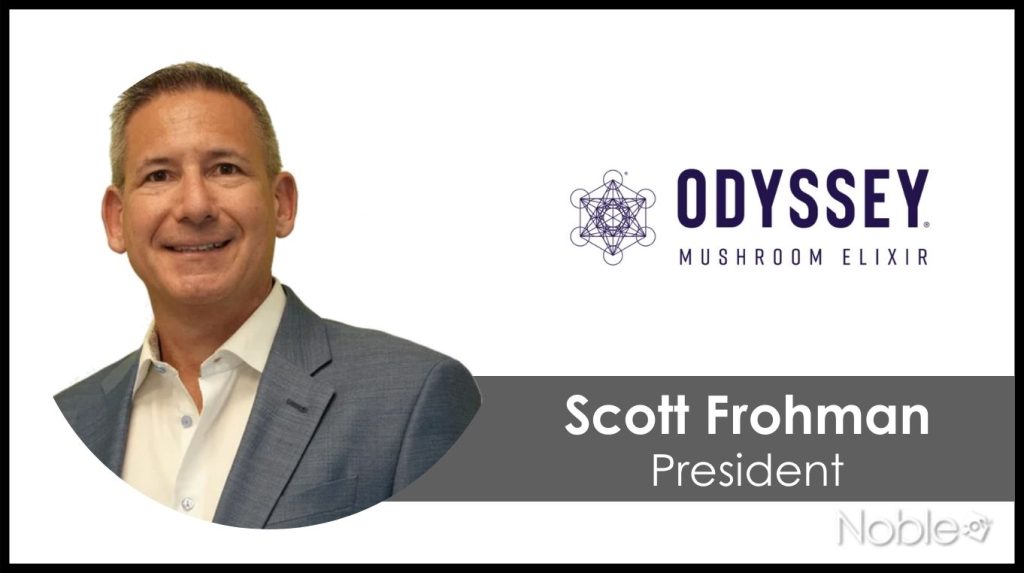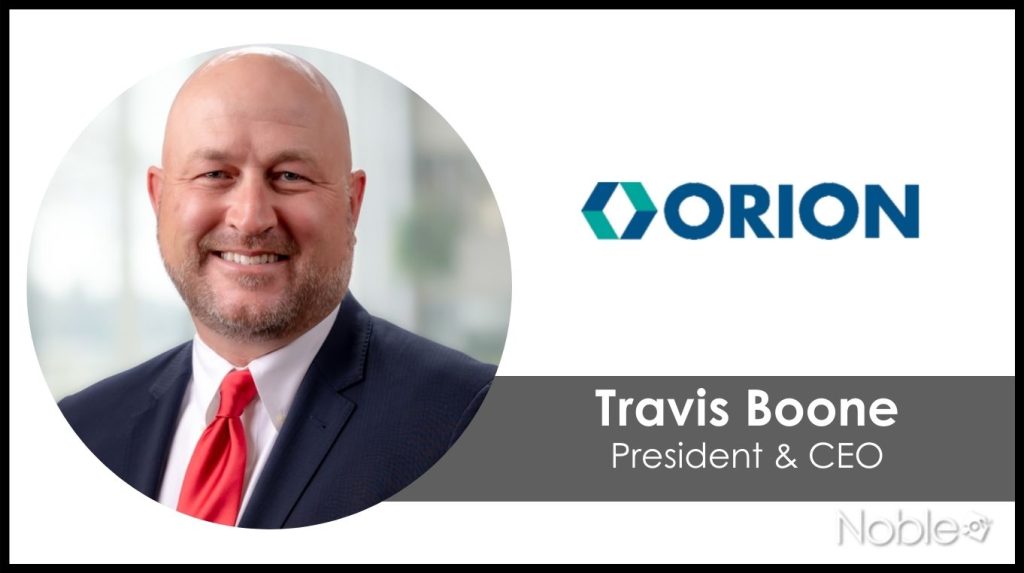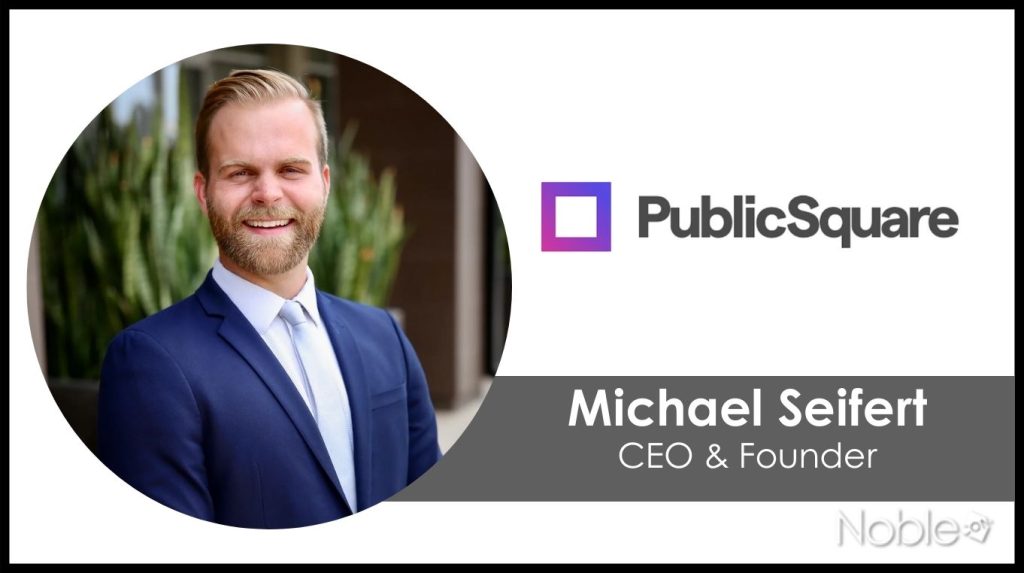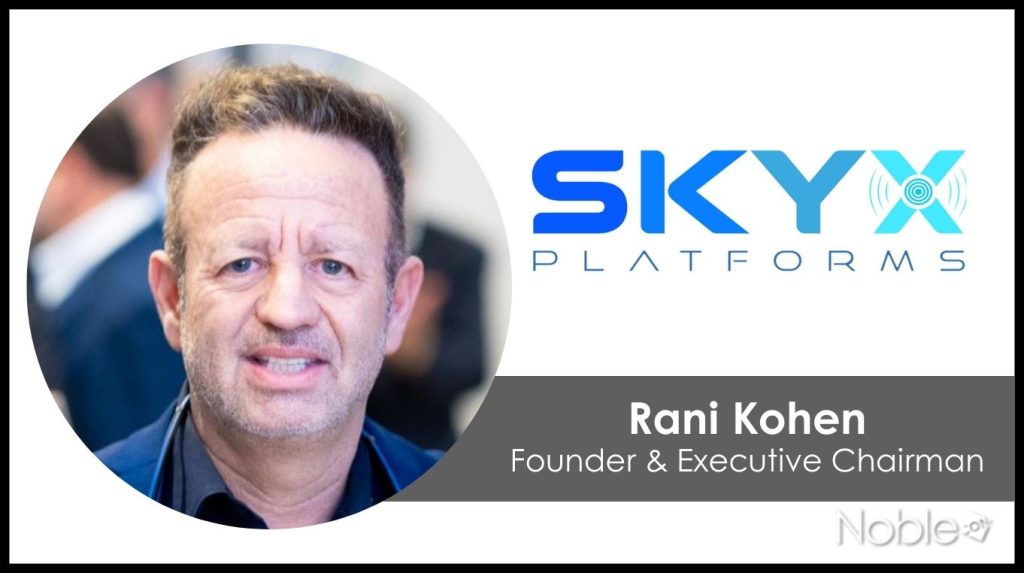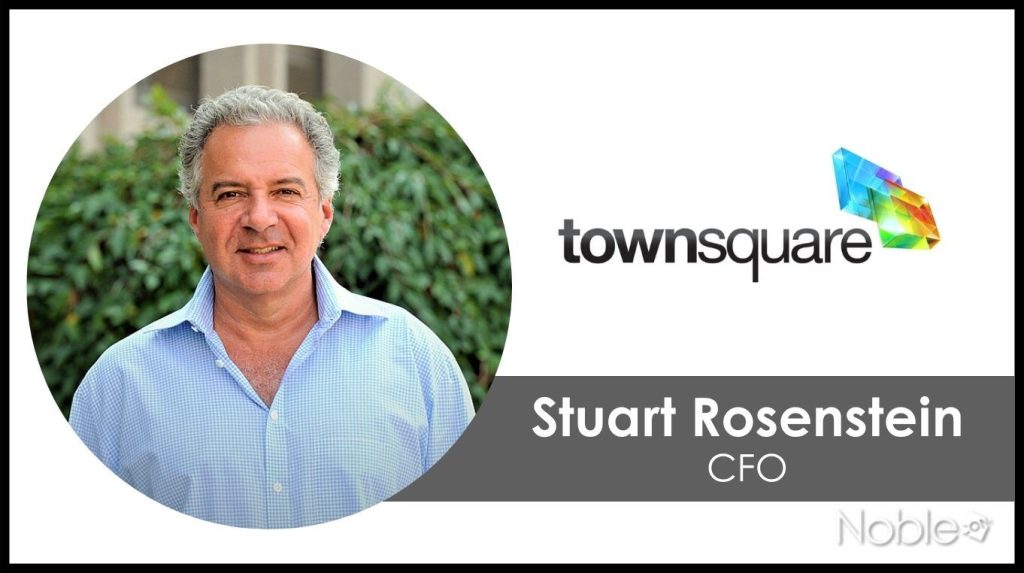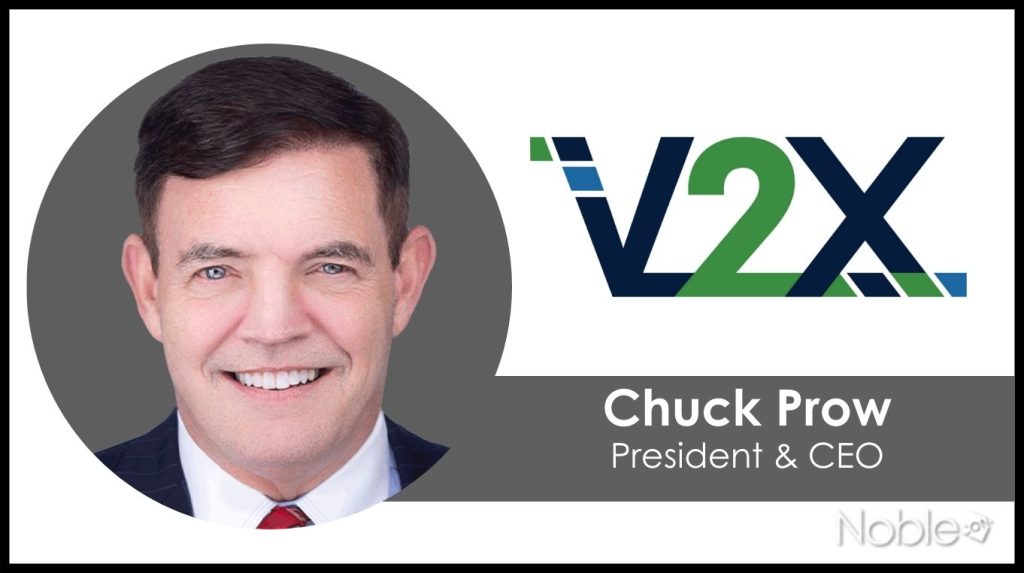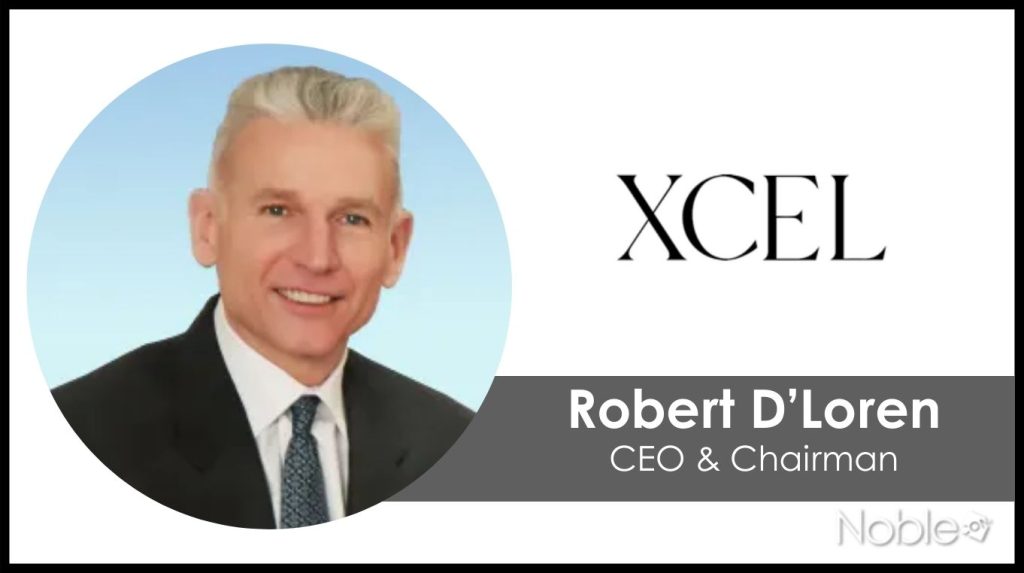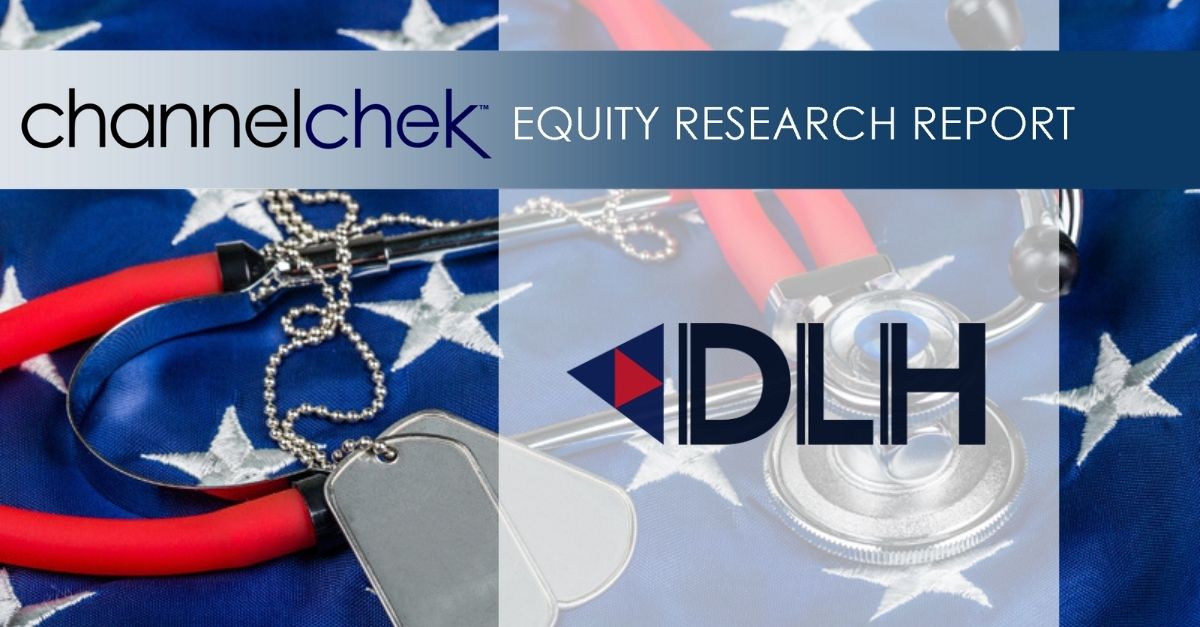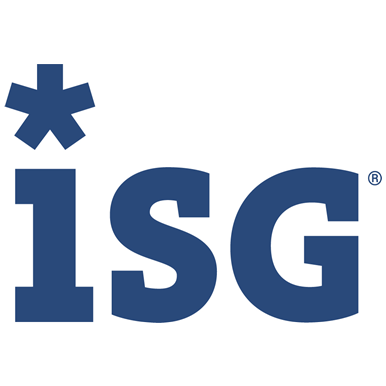
Research News and Market Data on III
1/4/2024
Firm plans to leverage its longstanding expertise in technology sourcing and governance to help enterprise clients adopt AI at scale
STAMFORD, Conn.–(BUSINESS WIRE)– Information Services Group (ISG) (Nasdaq: III), a leading global technology research and advisory firm, has launched a new suite of advisory services to help clients navigate the complexities and implications of adopting artificial intelligence at scale.
“Artificial Intelligence, specifically Generative AI, is the next big thing in technology,” said Michael P. Connors, chairman and CEO of ISG. “Gen AI has risen to the top of the agenda for the world’s largest corporations. Business leaders are already seeking our advice and guidance on the practical applications of this technology, as well as longer-term strategies for scaling AI as the technology grows and matures.”
ISG Research forecasts the global market for AI-related managed services should reach $175 billion by 2030, Connors said.
Organizations already working with ISG on AI engagements include a global hospitality and entertainment company, a major U.S. manufacturer, two major global insurance companies, and a U.S. state government, with many others in discussions with the firm about advancing their AI agenda.
“ISG has always been at the forefront of guiding our clients through the complexities of adopting technology at scale,” said Steve Hall, ISG president and newly appointed as the firm’s first chief AI officer. “Our expansion into applied AI strategy and advisory is our next great leap forward, ensuring businesses can harness AI to drive unprecedented value into every aspect of their operations.”
Hall noted clients trust ISG for its independent advice and long-held expertise in technology sourcing and governance. “Typical of the feedback we’re getting from our clients is this statement: ‘We wanted to get ISG in right at the start of our journey so we can cut through the hype and do this right the first time. This is moving so fast we need to avoid any missteps.’”
ISG’s Applied AI Advisory services help clients assess their AI readiness, identify practical use cases, experiment with proofs of concept, create an AI strategy, and establish a business case for investment. ISG also helps clients select the right business partners and build a cognitive infrastructure to support AI at scale. Finally, ISG provides training and organizational change management, a strategy realization office, and governance through a proprietary AI control plane to help clients mitigate risk and maximize ROI from their AI investments.
ISG was the first sourcing advisory firm to establish a reference architecture for applied Generative AI when it published a September 2023 global study of enterprise use cases. An analysis of the use cases shows AI can lower the cost of IT operations by 30 to 58 percent.
The use cases range from personalizing customer experiences at scale and optimizing supply chain operations to enhancing decision-making through predictive analytics and pioneering the development of new products and services.
The ISG study found that 85 percent of enterprises believe investment in generative AI over the next two years is important, but only a small percentage are achieving tangible results today.
Hall said ISG is looking to help clients move beyond the hype and identify practical applications of AI that can lead to enterprise-wide adoption.
“Our goal is to empower businesses to define their AI-driven future, find the perfect partners to make it a reality, lead change in their organizations, and realize tangible value at a scale,” he said.
Hall noted that successful adoption of AI at scale will require the use of an “AI control plane” to oversee and manage the deployment of artificial intelligence systems.
“An AI control plane encompasses robust security measures to safeguard against data breaches and unauthorized access, ensuring the integrity and confidentiality of sensitive information,” said Hall.
“It also ensures AI operations adhere to legal and ethical standards and avoid biases, protecting users’ rights and promoting fairness, while providing oversight of AI-related expenditures and resource allocation, enabling efficient budget management and cost optimization.”
For more information about ISG’s Applied AI Advisory services, visit this webpage.
About ISG
ISG (Information Services Group) (Nasdaq: III) is a leading global technology research and advisory firm. A trusted business partner to more than 900 clients, including more than 75 of the world’s top 100 enterprises, ISG is committed to helping corporations, public sector organizations, and service and technology providers achieve operational excellence and faster growth. The firm specializes in digital transformation services, including automation, cloud and data analytics; sourcing advisory; managed governance and risk services; network carrier services; strategy and operations design; change management; market intelligence and technology research and analysis. Founded in 2006, and based in Stamford, Conn., ISG employs more than 1,600 digital-ready professionals operating in more than 20 countries—a global team known for its innovative thinking, market influence, deep industry and technology expertise, and world-class research and analytical capabilities based on the industry’s most comprehensive marketplace data. For more information, visit www.isg-one.com.
Source: Information Services Group, Inc.

